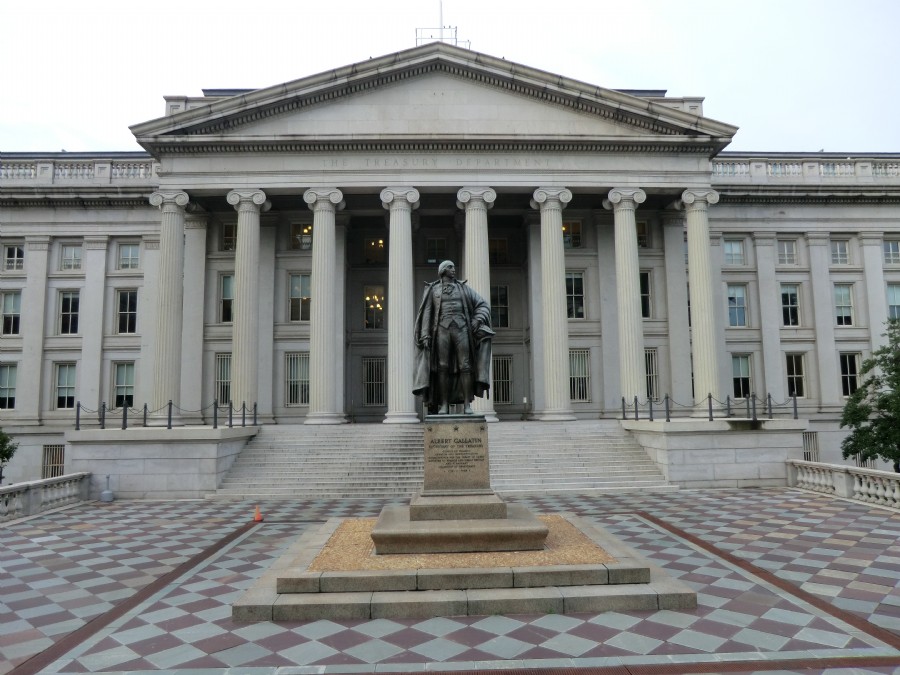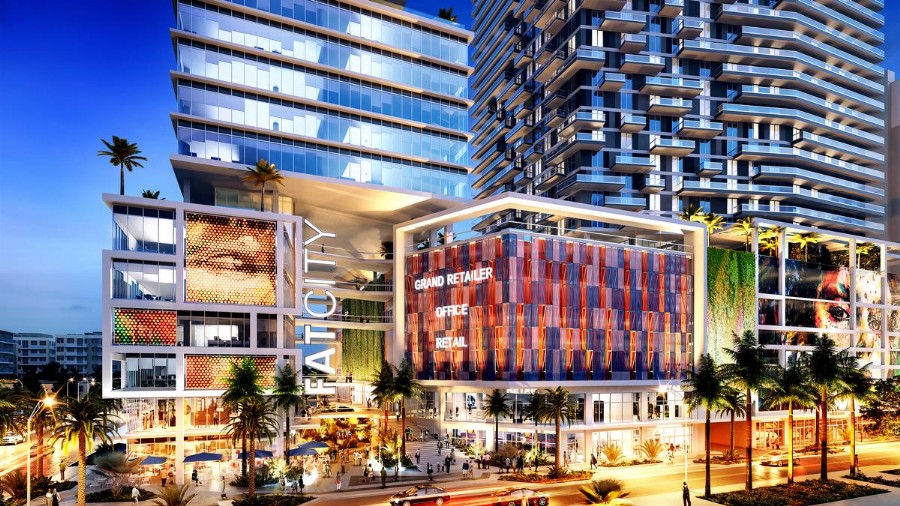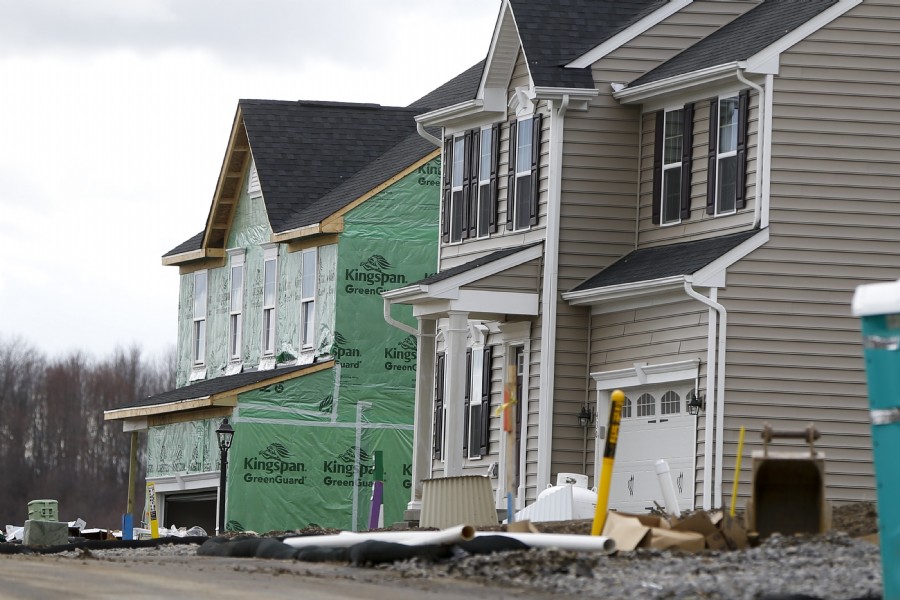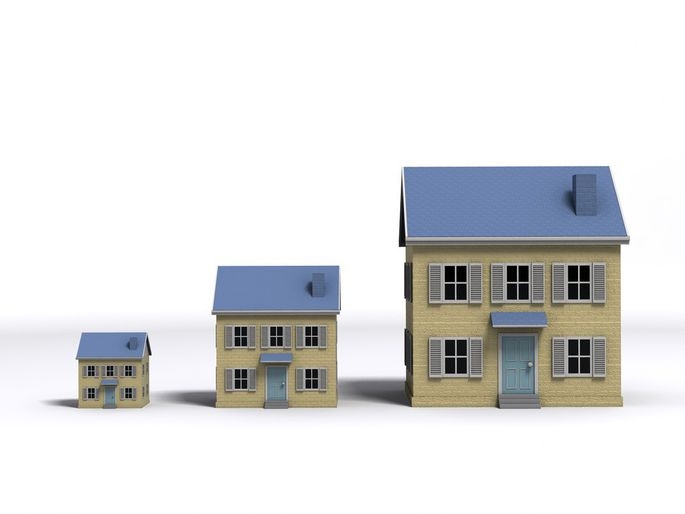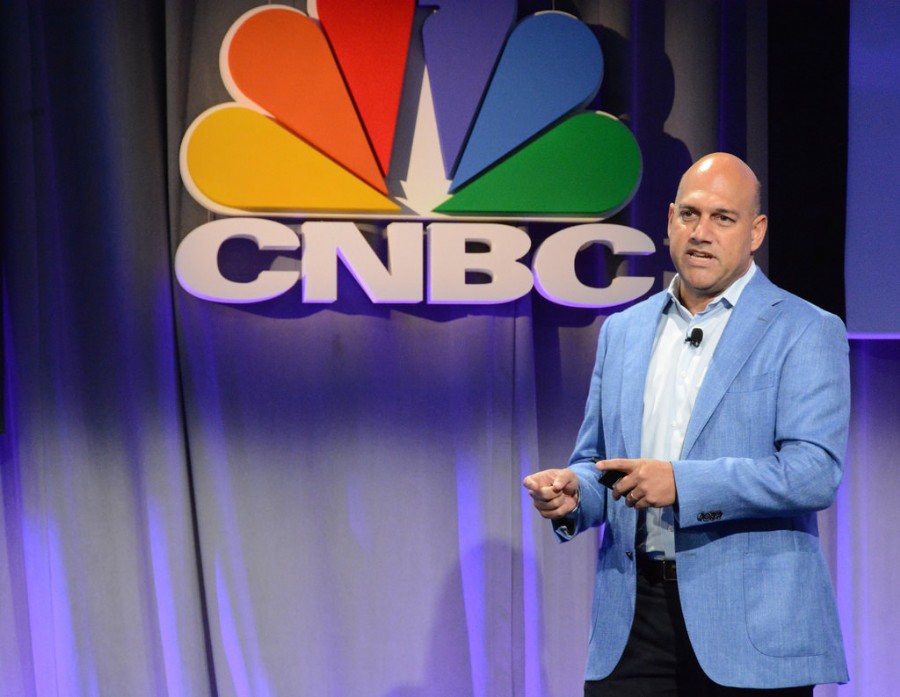Prior to the crash it was common for people to buy starter homes, stay in them five or six years, and then move up to a larger place as their family grew or the home became outdated.
Now, according to research, homeowners are eager to hold onto the ultra-low mortgage interest rates they were able to get after the crash, and they are leery about taking a chance on a move. Many also lack the financial wherewithal to upgrade to a larger, pricier home. They own houses that haven't recovered enough of their value in the wake of the crash to generate the down payment needed to buy a new place.
The percentage of homeowners moving up to their next home is the lowest in 25 years, said Todd Tomalak, vice president of research for John Burns Real Estate Consulting. Instead of moving, people are deciding to make starter homes permanent and are expanding and repairing them for the long term, he said.
The trend is so pronounced it's changed the dynamics of the housing market. It's fueling brisk sales in the remodeling business and at home improvement stores, but it's leaving very few homes available for sale and causing prices to jump from short supply, Tomalak said.
"We've never seen this in any prior cycle," he said.
From 1987 to 2008, homebuyers stayed in their homes six years on average before selling, according to the National Association of Realtors. The number of years homeowners expected to stay in their homes started increasing during the housing plunge and has been at 15 years since 2010.
As a result, some young adults looking for their first homes are giving up because they can't find homes on the market that they want.
Much has been made about the fact that millennials as a group have not raced out to buy homes. But Urban Institute researchers say the group's low rate of ownership is less about an aversion to settling down and more about a change in selling patterns by existing homeowners, who aren't budging from their properties.
"A generation is stuck in starter homes," Urban Institute researchers led by Laurie Goodman wrote in a July report. They note that first-time homebuying has rebounded, but repeat buying remains unusually depressed.
Many people don't have the luxury of moving because they still haven't recovered the value in their homes from the peak, according to the Urban Institute.
Historically, moving up from a starter home was easier because houses appreciated and homeowners could use the money they made from a sale as a down payment for the next house. But without enough home price appreciation, many current owners can't generate down payments, the Urban Institute researchers found.
Last year, people spent about $320 billion on remodeling – a 5 percent increase over the previous year, Tomalak said. This year, they are expected to spend $350 billion – a 9 percent increase.
Home Depot stock has climbed 10.2 percent this year while the Standard & Poor's is up 9.3 percent.
According to HomeAdvisor, a website where people find contractors, the average spending on rehab projects was $4,804 in the Midwest over the 12 months through February of this year, a more modest level than either coast. But in all regions, people are taking on larger projects after delaying work during the recession, said Brad Hunter, HomeAdvisor economist.


